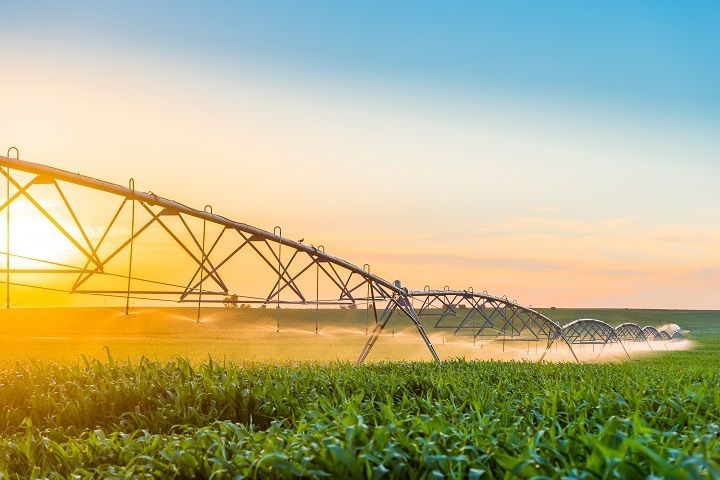Basra Palm Tree Fire destroyed nearly 100 trees on Monday in the Al-Huwash area of Al-Sadiq district. The blaze tore through a palm orchard north of Basra before Civil Defense teams managed to contain the flames.
According to a security source, firefighters from Al-Sadiq and Al-Qurna responded immediately after receiving the emergency call. Moreover, they launched rapid operations to stop the fire from spreading to surrounding areas. Eventually, they brought the blaze under full control and extinguished it completely.


The cause of the fire remains uncertain. Therefore, police officers from Al-Sadiq station opened an investigation to identify what triggered the incident. Authorities continue to examine evidence to prevent similar disasters in the future.
Basra Palm Tree Fire was not the first incident in recent months. In late August, another large blaze destroyed 65 palm trees in Shilha Al-Hajjaj, located in the Al-Izaddin Salim district. That fire also required extensive efforts to control.
Palm orchards are a vital part of Basra’s agricultural identity. The Directorate of Agriculture reported in December 2024 that the governorate maintains more than 2.63 million palm trees. In addition, government programs continue to encourage farmers to expand cultivation.
Prominent varieties in the region include Barhi, Sayer, and Bream. These palms provide both economic value and cultural heritage for the local population. However, repeated fires threaten this important resource and put farmers at financial risk.
Basra Palm Tree Fire highlights the urgent need for stronger protection measures. Civil Defense teams continue to face challenges in preventing orchard fires, especially during dry seasons. Authorities also stress the importance of community awareness in reporting potential hazards quickly.
In conclusion, the destruction of 100 palm trees marks another setback for Basra’s farmers. Yet, with proper safety measures, stronger enforcement, and timely interventions, future incidents may be reduced. Protecting palm orchards remains essential for both local livelihoods and Iraq’s agricultural stability.



